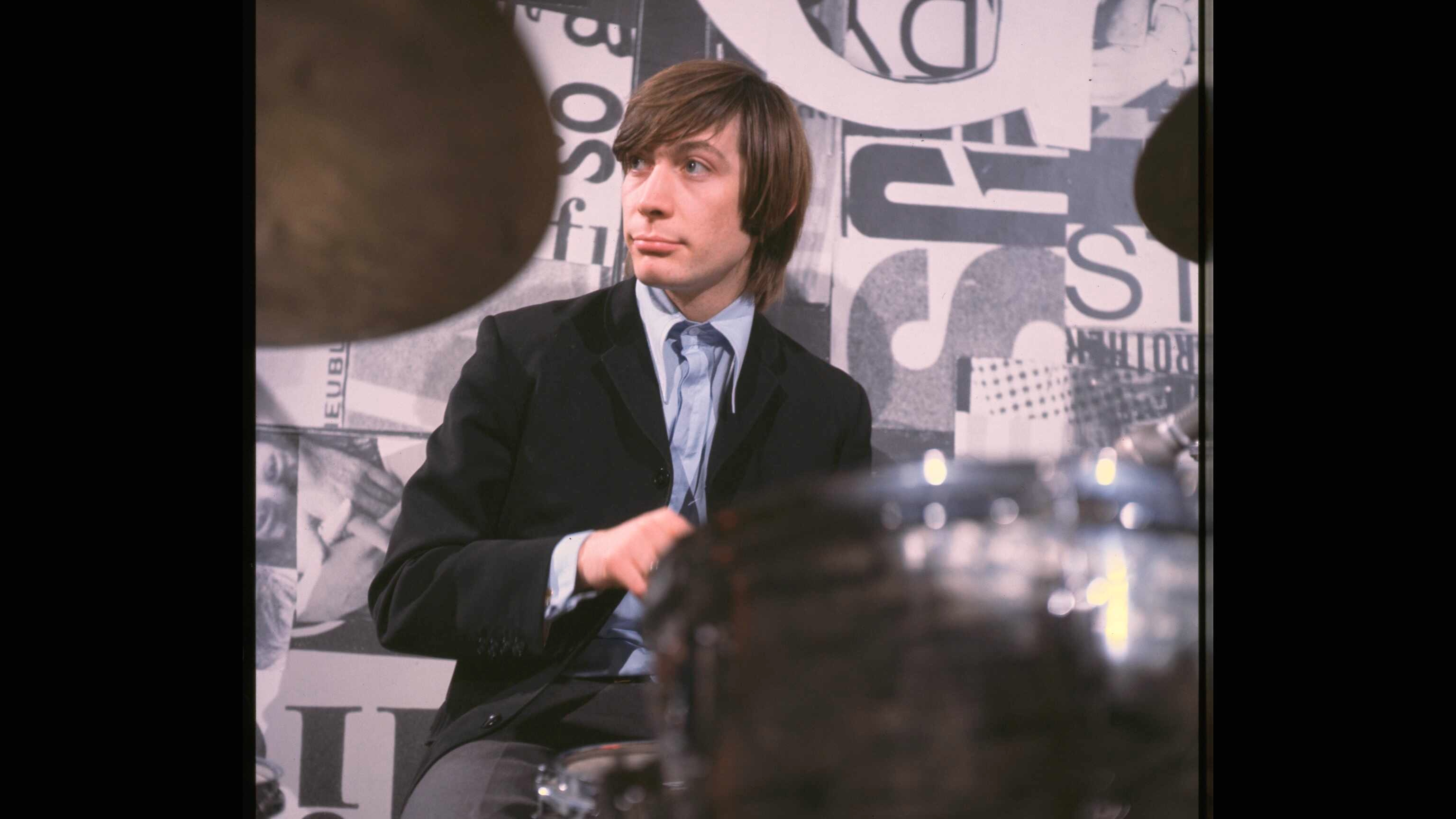My Life as a Rolling Stone: air date, trailer and all we know about the documentary
My Life as a Rolling Stone is a series about the Rolling Stones profiles Mick Jagger, Keith Richards, Ronnie Wood and Charlie Watts.

Currently on their umpteenth European tour, British rock band the Rolling Stones have been going for a staggering 60 years since playing their first gig at London’s Marquee Club way back in the summer of 1962.
Along the way, they’ve released 30 studio albums, had countless chart hits and set the standard for exciting and ambitious stadium rock gigs, as well as ruffling a few establishment feathers and attracting an adoring fan base around the world.
To mark this momentous anniversary, the BBC’s four-part rockumentary My Life as a Rolling Stone offers an in-depth look at the evergreen rockers, with extensive new interviews with Mick Jagger, Keith Richards and Ronnie Wood, plenty of fascinating archive footage, and contributions from a host of rock luminaries for whom, like the rest of us, the Stones have provided the soundtrack to their lives.
Starting with frontman Mick, each episode is devoted to one of the three remaining band members, with the last one dedicated to drummer Charlie Watts, who died last year.

My Life as a Rolling Stone air date
The entire series of My Life as a Rolling Stone starts on Saturday, July 2 on BBC Two at 9.30pm.
All four episodes of the documentary will be available on BBC iPlayer from the same day.
What happens in My Life as a Rolling Stone?
Here, series producer Steve Condie talks us through what we’ll be seeing and hearing in this landmark documentary series, narrated by Sienna Miller, that will be essential viewing for all music fans…
The latest updates, reviews and unmissable series to watch and more!
Mick Jagger
The charismatic, strutting frontman of the Rolling Stones modestly describes his job as ‘showing off’, but clearly works hard at what he makes look easy. "Mick’s a smart man," says Steve of the 78-year-old, who is still lithe and full of energy. "He’s in the shape he’s in because he works at it. He does everything with incredible attention to detail."
Mick joined founder Brian Jones, guitarist Keith Richard, bassist Bill Wyman and Charlie Watts in the original Stones line-up in 1962. He would later find himself becoming the leader of the group offstage when they suffered a series of setbacks.
In July 1969, Jones was found dead at his home. Then, in December of that year, tragedy struck again when the Stones played a concert at Altamont in California, where four fans died.
The band’s fortunes were rocked a third time when they learned they owed a huge amount in back taxes, prompting a move to France.
"In the late 1960s, the Stones were skint!" says Steve. "Mick knew he had to step up and he became a sort of creative and commercial visionary for the band. He’d studied at the London School of Economics, and he could have been a really successful entrepreneur, like Richard Branson! And I’m not sure anyone has been as influential as Mick in terms of how to be a rock and roll singer."

Keith Richards
Keith, also 78, first became friends with Mick through their shared love of American blues music. He is a much-respected guitarist and songwriter, but his talent was often overshadowed by his addictions and hell-raising lifestyle.
"Keith has a very ambivalent attitude to the persona that's been created, and the expectations that people have of him," says Steve, adding that the blues aficionado is actually a shy introvert for whom substance abuse became a way of dealing with the pressures of fame. "To take as many substances as possible was an escape for a young guy from Dartford who’d been thrown into this maelstrom of attention," says Steve. "The real Keith Richards is such a contrast to the persona he created to protect himself. In the interview, when you hear his Dartford accent come through, you remember where he’s from — he’s not from planet pop, he’s a kid from Kent!"
Keith forged a hugely successful songwriting partnership with Mick, was responsible for the group’s distinctive, guitar-driven sound, and was at pains to maintain the credibility of the band’s output. In the pantheon of rock guitarists, there are few who can compete with him. "I don't think there's been a more influential guitar player – except Jimi Hendrix," says Steve.

Ronnie Wood
Previously a member of Rod Stewart’s hard-partying band the Faces, ‘mischief maker’ Ronnie has been credited as ‘the man who saved the Rolling Stones’, with his arrival in 1975 particularly re-invigorating Keith Richards, with whom he forged a close friendship and intuitive musical partnership on guitar.
Coming in to replace the departing Mick Taylor, a friend of his, he also acted as peacemaker in the occasionally volatile relationship between Sir Mick and Keith, and brought a much-needed sense of fun to proceedings on and off stage. Already a fan of the band, he had previously collaborated with Mick on the 1973 single "It’s Only Rock n Roll, But I Like It".
"Ronnie brought a kind of irrepressible energy and sense of humour back into the mix," says Steve. "In the episode, [US comic and actor] Dan Aykroyd describes him as one of the funniest people he’s ever met!"
As well as giving the band a much-needed boost when he joined, Ronnie also stopped them from going their separate ways some years later.
"In the 1980s, when the band famously weren’t getting on, it was Ronnie who said: 'Let's give it another go; let's get on the road; let's get in the studio! Nothing you do is going to be as good as this!'"

Charlie Watts
The glue that held the band together, Charlie formed the Stones’ rhythm section with bass player Bill Wyman, who left the band in 1983. His love of jazz music informed a laid-back drumming style that was a world away from the stereotypical rock drummer pounding away at a huge kit. Crucially, he was also a big fan of dance music, and lent the band’s sound a distinctive groove.
"If people want to really appreciate the Rolling Stones, and why they're different from the Beatles, the Stones have always been a band you can dance to," says Steve.
A quiet soul who disliked life on the road, Charlie always looked dapper in suits made by his Savile Row tailor, leaving the rest of the band to wear the more outlandish stage gear. "You think about Keith and Mick and Ronnie, and their flamboyant leather outfits and scarves and earrings and all that stuff," says Steve. "But Charlie is the one who’s really individual, with his devotion to sartorial style. In 2020, he was dressing the same way as he did in 1963!"
Is there a trailer for My Life as a Rolling Stone?
Yes! The trailer is less than 30 seconds long, but it sees Sir Mick Jagger, Keith Richards and Ronnie Wood talking about their time in the band, while also showing snippets of the band on stage in recent years and archive clips from when they first hit the music scene 60 years ago...

Ian writes about TV and film for TV Times, What’s on TV and TV & Satellite Week magazines. He co-hosts the weekly TV streaming podcast, Bingewatch.

